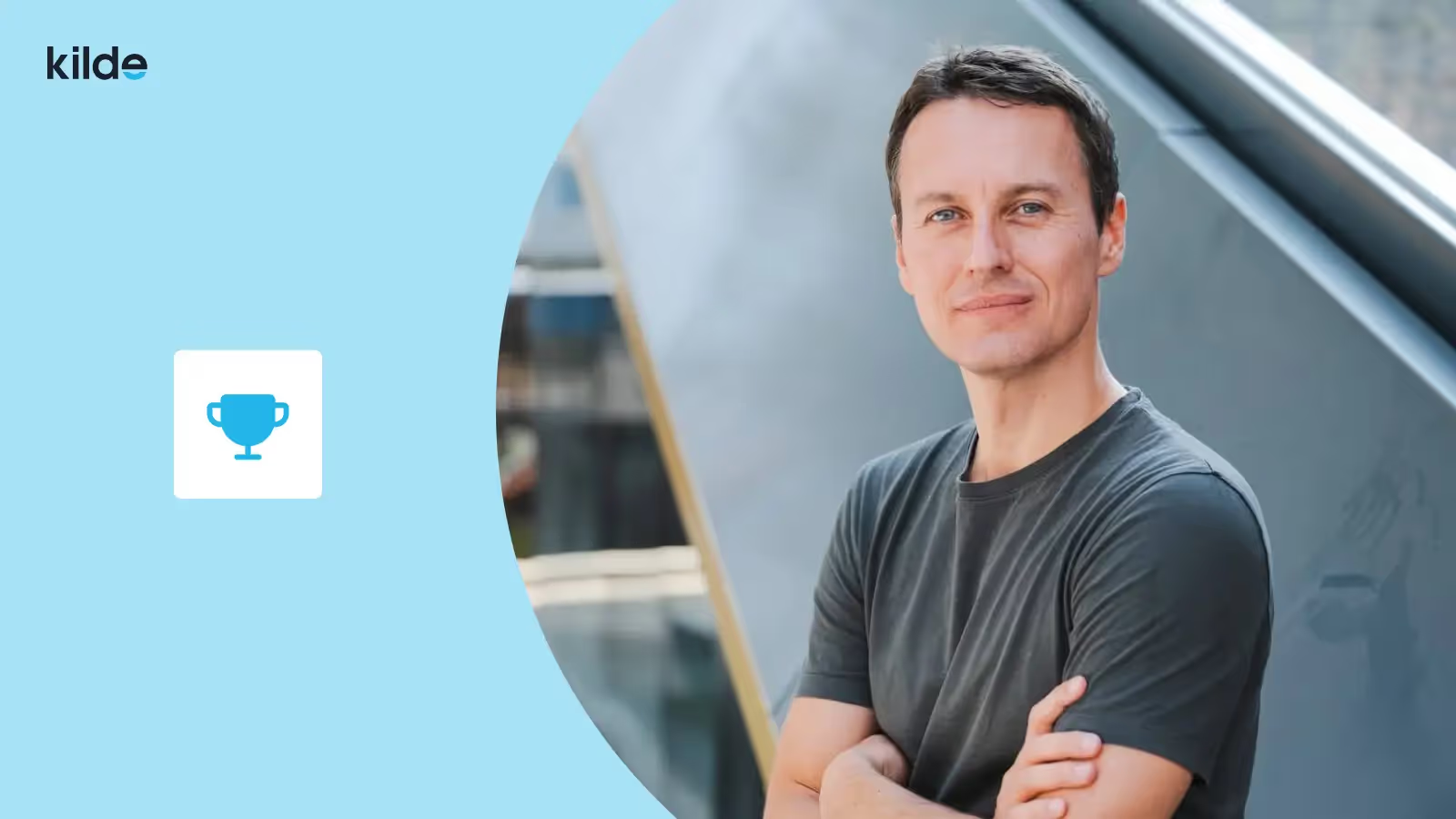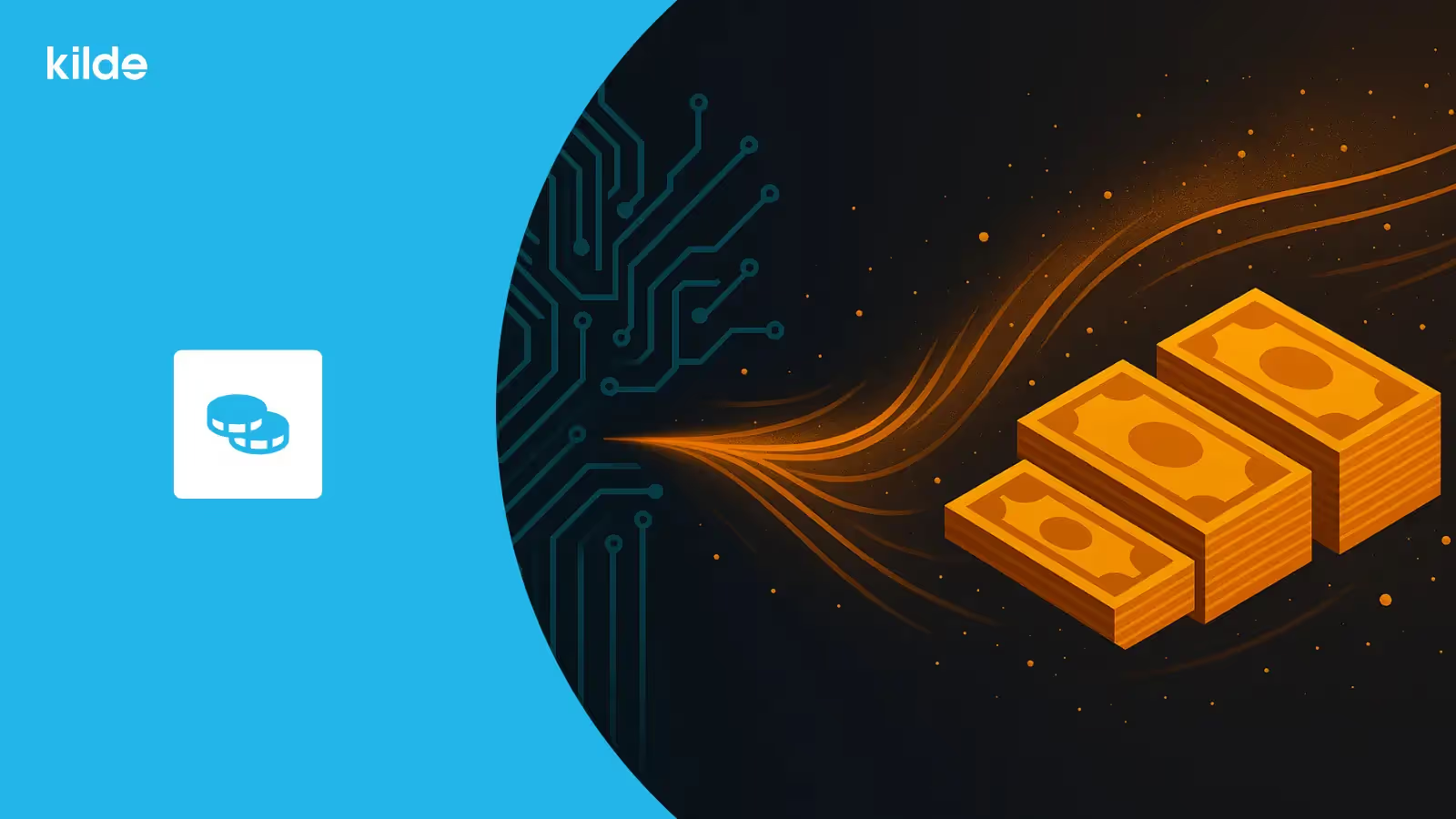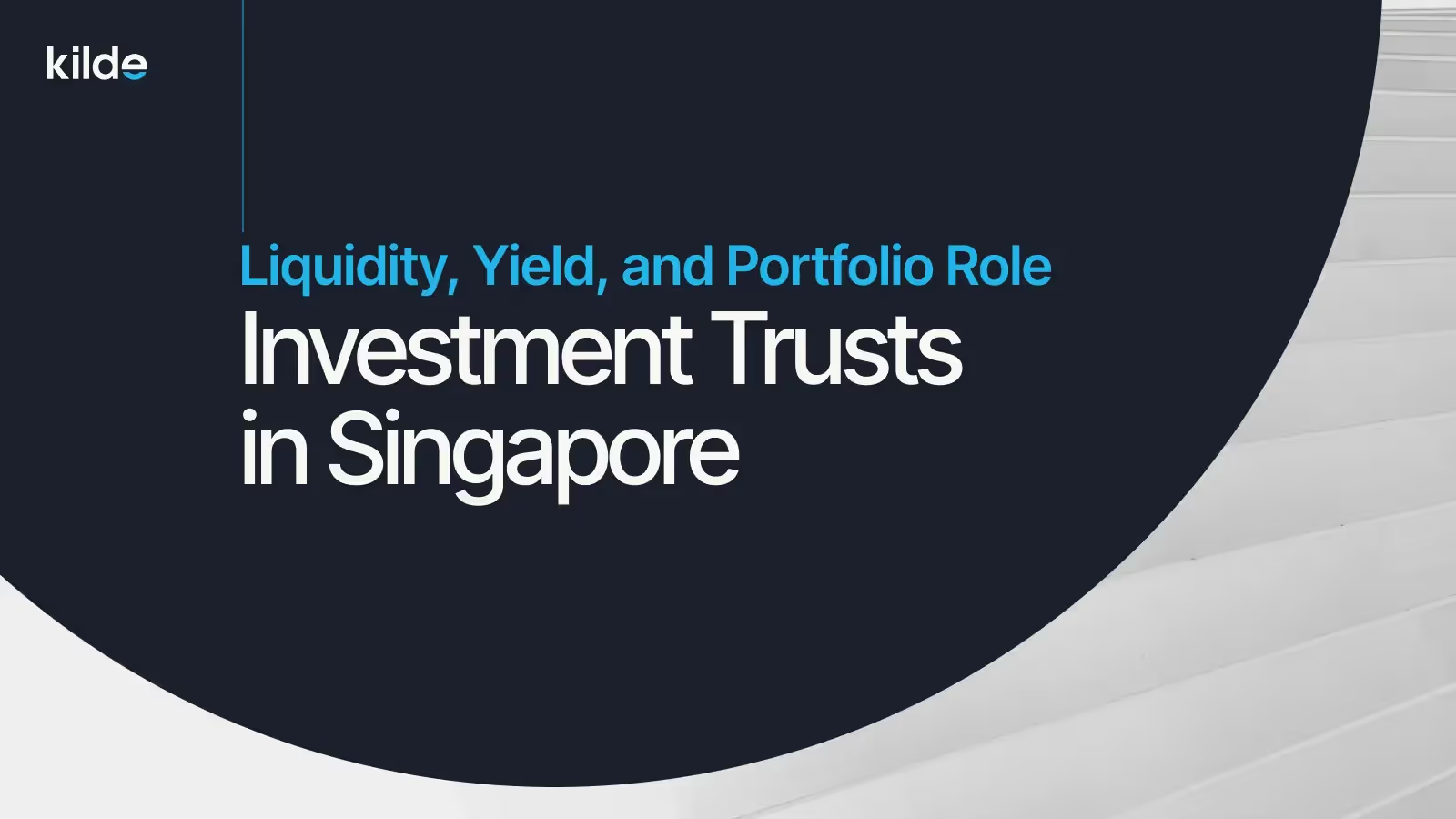Kilde Insights: Navigating Market Volatility and Investing in Private Credit
Johanna, Head of Institutional Investor Relations at Kilde, sat down with Radek, CEO and Co-founder of Kilde, to discuss trending topics in private credit investing, Kilde’s approach amidst market volatility, and insights for investors.
How Private Credit is Weathering Market Volatility
Private credit, as a class of private investment, is less directly impacted by the daily swings seen in public markets. As Radek explains, private assets are not revalued daily, offering a buffer from short-term market turmoil. While secondary sales have occurred at discounts of up to 20%, Kilde’s strategy remains steady, maintaining consistent issuance, fundraising, and investment activities.
Key Considerations for Investors
Investors should be mindful of the type of private credit they are entering. Long-term strategies, typically spanning five to seven years, are well-positioned to weather current volatility. However, certain types of financing, like trade finance, could be affected by tariff changes and emerging market currency fluctuations. Kilde actively monitors these risks to protect its portfolio companies and, by extension, its investors.
Private Credit’s Role in a Portfolio
In light of systemic market shocks, traditional 60/40 equity-bond portfolios have faced challenges. Incorporating private credit into investment portfolios has proven beneficial — based on a 20-year data analysis conducted by Kilde, adding 10% private credit can slightly enhance returns while significantly reducing volatility.
Understanding Kilde’s Investment Approach
Kilde provides large corporate loans to profitable companies in emerging markets, focusing primarily on non-bank financial corporations (NBFCs). These companies lend to consumers and SMEs but cannot finance themselves through deposits, necessitating access to capital markets.
Investors, both institutional and individual, can access these opportunities on the same terms, offering a rare level of equality in investment structures.
Accessibility for New Investors
Kilde ensures that investing is accessible even to those new to private credit. Comprehensive documentation, including information memoranda and internal credit ratings (ranging from B- to B+), is readily available on the platform for every opportunity.
Safeguarding Investor Funds
Kilde’s rigorous investment selection and monitoring process are central to safeguarding investments. Out of 10,000 potential borrowers, Kilde identifies around 500 eligible companies, thoroughly analyses about 150, and ultimately invests in about 20. The process can take three to eight months to ensure proper downside protection and legal structuring.
Investments are structured through debentures, creating a direct legal relationship between the investor and the borrower. Investors own a senior secured loan, ensuring a top-tier claim on borrower assets.
What Happens After You Invest
Once an investment is made, investors typically receive payouts quarterly or semi-annually, depending on the specific deal. Early redemption options are available, allowing some flexibility. With two to four new deals launched monthly, investors can diversify across different ratings, currencies (USD or SGD), maturities, and geographies.
Final Thoughts
Private credit continues to offer a compelling diversification strategy for investors, particularly in times of public market volatility. Kilde’s disciplined, transparent, and investor-focused approach aims to make private credit accessible and secure for all accredited investors.









.avif)





